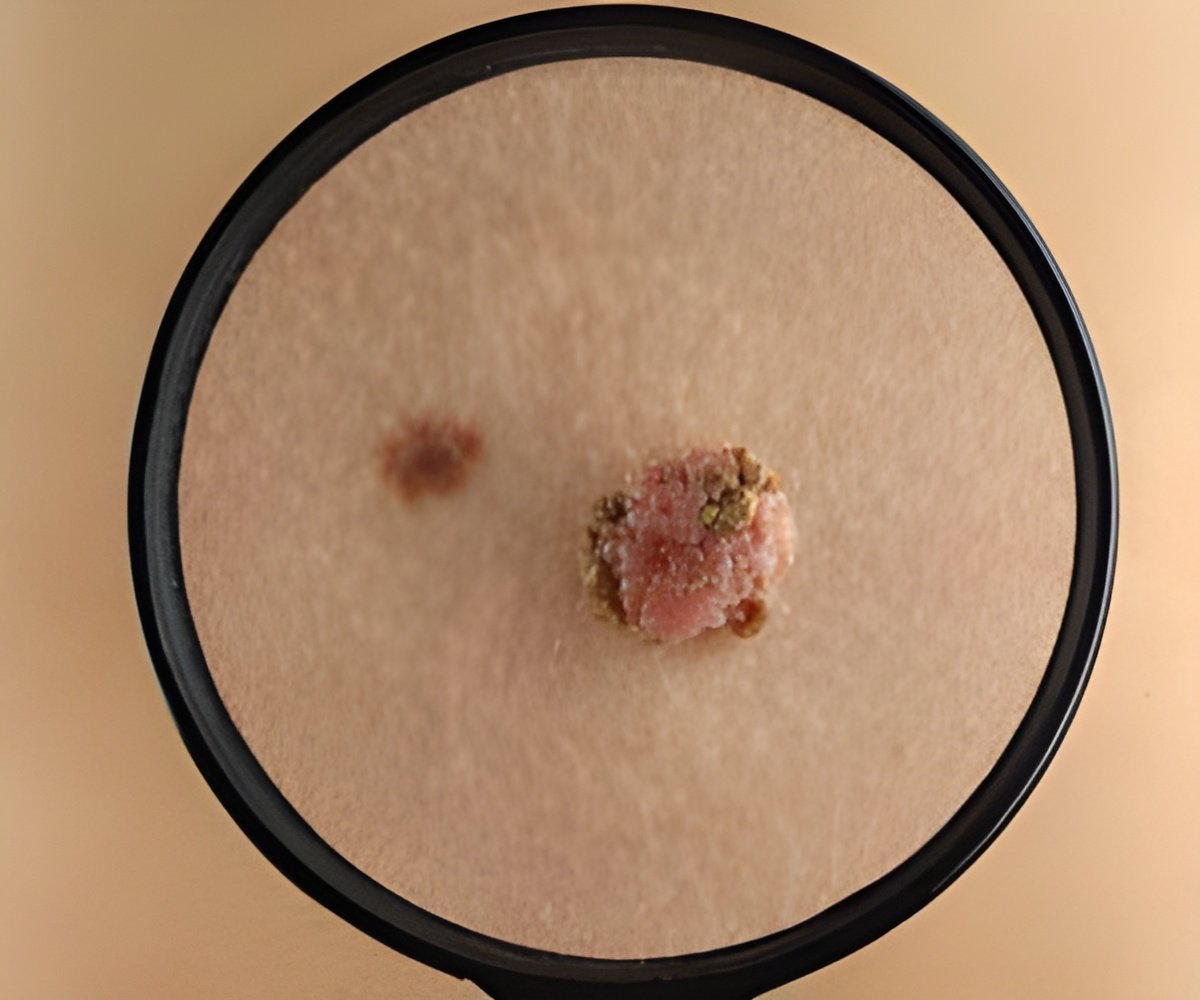The artificial intelligence tool may help identify patients who would benefit from aggressive treatment even at early stages of melanoma.

Facts about Melanoma
Most deaths from melanoma—the most lethal form of skin cancer—occur in patients who were initially diagnosed with early-stage melanoma and then later experienced a recurrence that is typically not detected until it has spread or metastasized. Most patients with early-stage melanoma are treated with surgery to remove cancerous cells, but patients with more advanced cancer often receive immune checkpoint inhibitors, which effectively strengthen the immune response against tumor cells but also carry significant side effects.‘The artificial intelligence method may help clinicians determine which melanoma patients would likely benefit from aggressive treatment even at early stages of disease.’





“There is an urgent need to develop predictive tools to assist in the selection of high-risk patients for whom the benefits of immune checkpoint inhibitors would justify the high rate of morbid and potentially fatal immunologic adverse events observed with this therapeutic class,” says senior author Yevgeniy R. Semenov, MD, an investigator in the Department of Dermatology at MGH. “Reliable prediction of melanoma recurrence can enable more precise treatment selection for immunotherapy, reduce progression to metastatic disease and improve melanoma survival while minimizing exposure to treatment toxicities.”
Machine Learning and its Application in Skin Cancer
To help achieve this, Semenov and his colleagues assessed the effectiveness of algorithms based on machine learning, a branch of artificial intelligence, that used data from patient electronic health records to predict melanoma recurrence.Specifically, the team collected 1,720 early-stage melanomas—1,172 from the Mass General Brigham healthcare system (MGB) and 548 from the Dana-Farber Cancer Institute (DFCI)—and extracted 36 clinical and pathologic features of these cancers from electronic health records to predict patients’ recurrence risk with machine learning algorithms. Algorithms were developed and validated with various MGB and DFCI patient sets, and tumor thickness and rate of cancer cell division were identified as the most predictive features.
“Our comprehensive risk prediction platform using novel machine learning approaches to determine the risk of early-stage melanoma recurrence reached high levels of classification and time to event prediction accuracy,” says Semenov. “Our results suggest that machine learning algorithms can extract predictive signals from clinicopathologic features for early-stage melanoma recurrence prediction, which will enable the identification of patients who may benefit from adjuvant immunotherapy.”
Additional Mass General co-authors include Ahmad Rajeh, Michael R. Collier, Min Seok Choi, Munachimso Amadife, Kimberly Tang, Shijia Zhang, Jordan Phillips, Nora A. Alexander, Yining Hua, Wenxin Chen, Diane, Ho, Stacey Duey, and Genevieve M. Boland.
Advertisement
Source-Eurekalert















